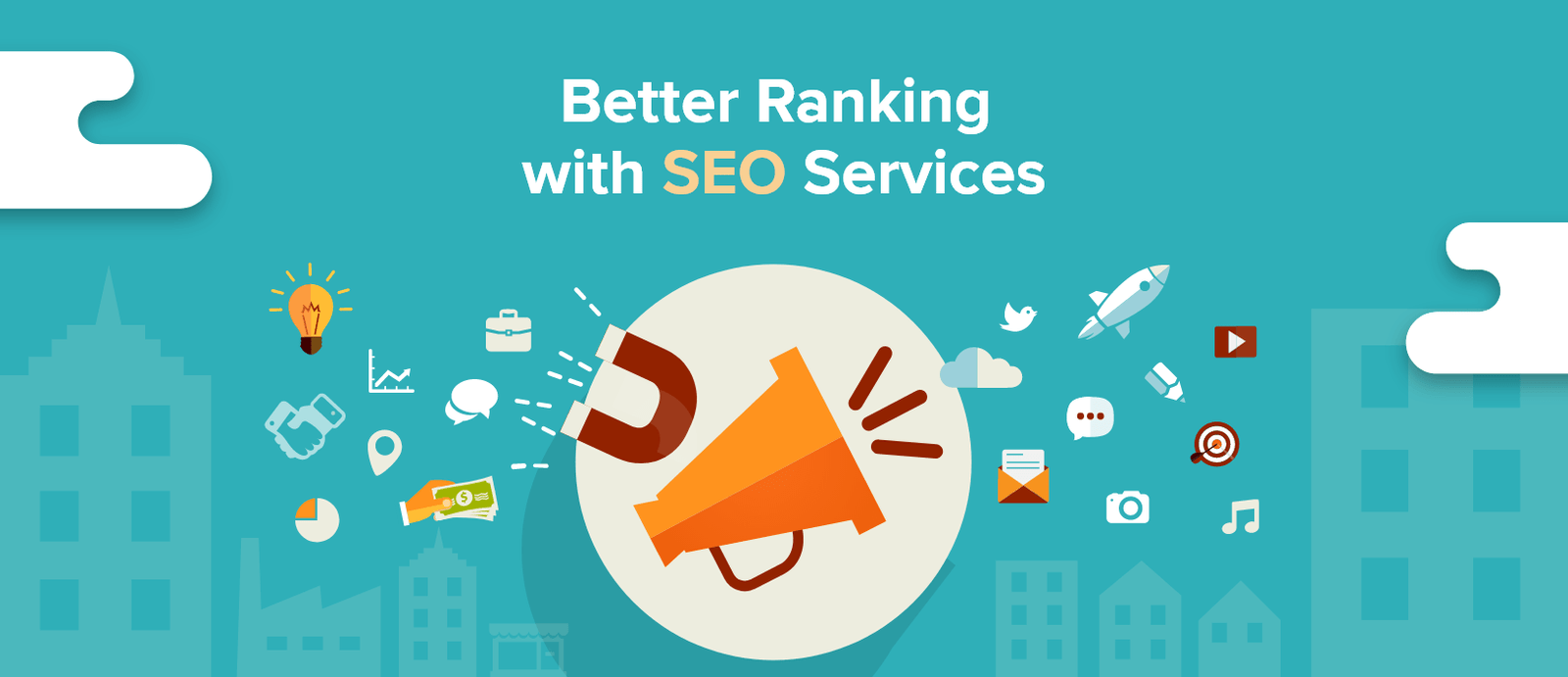Pay-per-click (PPC) marketing is a highly effective digital advertising strategy that enables businesses to drive targeted traffic to their websites by paying for each click on their ads. Whether you are new to PPC marketing or looking to enhance your existing campaigns, this ultimate guide will provide you with comprehensive insights and best practices to succeed in PPC marketing.
Introduction
PPC marketing is a dynamic and ever-evolving advertising method that offers businesses the opportunity to target their audience effectively and generate measurable results. This ultimate guide will equip you with the knowledge and strategies necessary to navigate the world of PPC marketing successfully.
Understanding PPC Marketing
What is PPC Marketing?
PPC marketing, also known as paid search advertising, is an online advertising model where advertisers bid for ad placement on search engine results pages (SERPs) and other advertising platforms. Advertisers pay a fee only when their ads are clicked, directing users to their websites or landing pages.
How Does PPC Marketing Work?
PPC marketing works through an auction-based system. Advertisers bid on specific keywords relevant to their target audience. When a user performs a search using those keywords, the search engine determines the ad placement based on factors like bid amount and ad quality. If the user clicks on the ad, the advertiser pays the bid amount.
Benefits of PPC Marketing

PPC marketing offers several benefits for businesses, including:
- Immediate visibility: PPC ads provide instant visibility on search engines and other platforms, allowing businesses to reach their target audience immediately.
- Targeted reach: Advertisers can target specific demographics, locations, devices, and interests, ensuring their ads are shown to the most relevant audience.
- Cost control: PPC campaigns offer full control over the budget, allowing advertisers to set daily or monthly spending limits and adjust bids as needed.
- Measurable results: PPC platforms provide detailed metrics and performance data, enabling advertisers to track conversions, monitor ROI, and make data-driven decisions.
- Flexibility and customization: Advertisers have the flexibility to customize ad copy, landing pages, and targeting parameters to optimize campaign performance and achieve marketing goals.
Key Components of a Successful PPC Campaign
To create a successful PPC campaign, it is essential to focus on the following key components:
Defining Goals and Objectives
Clearly define your marketing goals and objectives before launching a PPC campaign. Whether it’s generating leads, increasing sales, or boosting brand awareness, having well-defined goals will guide your campaign strategy and performance measurement.
Conducting Keyword Research

Thorough keyword research is crucial for identifying the most relevant and high-performing keywords for your campaign. Use keyword research tools to discover relevant keywords with sufficient search volume and optimize your campaigns accordingly.
Crafting Compelling Ad Copy
Create compelling and relevant ad copy that grabs the attention of users. Write concise, persuasive, and action-oriented ad text that clearly communicates your unique selling propositions and encourages clicks.
Creating Effective Landing Pages
Optimize your landing pages to align with your ad copy and provide a seamless user experience. Ensure your landing pages have clear call-to-action (CTA) buttons, relevant content, and fast loading times to maximize conversions.
Setting Up Conversion Tracking
Implement conversion tracking to measure the effectiveness of your PPC campaigns. Set up conversion tracking codes on your website to track and attribute conversions accurately, whether it’s form submissions, purchases, or other desired actions.
PPC Platforms and Advertising Networks
Various PPC platforms and advertising networks are available for running your campaigns. The following are some popular options:
Google Ads
Google Ads is the most widely used PPC platform, allowing advertisers to display ads on Google’s search engine results pages (SERPs) and its network of partner websites. It offers a range of ad formats, targeting options, and campaign management tools.
4.2 Microsoft Advertising
Microsoft Advertising (formerly Bing Ads) is another prominent PPC platform that allows advertisers to reach a different audience through search ads on the Bing search engine and partner websites. It shares similarities with Google Ads and offers unique features and targeting options.
Social Media Advertising
Social media platforms like Facebook, Instagram, Twitter, and LinkedIn provide PPC advertising options that allow businesses to target specific demographics, interests, and behaviors. Social media advertising is effective for building brand awareness and engaging with the target audience.
Other PPC Advertising Networks
In addition to Google Ads, Microsoft Advertising, and social media platforms, there are other PPC advertising networks like Amazon Advertising, which allows businesses to promote products on Amazon, and display networks like the Google Display Network that offer visual ad placements on various websites.
PPC Campaign Optimization Techniques
To maximize the effectiveness of your PPC campaigns, consider implementing the following optimization techniques:
Bid Management and Budgeting
Regularly monitor and adjust keyword bids to optimize your ad position and control costs. Analyze the performance of keywords, ad groups, and campaigns to allocate budget effectively and focus on high-converting keywords.
Ad Testing and Optimization
Continuously test different ad variations to identify the most effective messaging, headlines, calls-to-action, and visuals. A/B testing can help improve click-through rates (CTR) and conversion rates.
Quality Score Improvement
Focus on improving your Quality Score, a metric used by PPC platforms to determine ad rank and cost-per-click (CPC). Enhance keyword relevance, ad quality, landing page experience, and click-through rates to achieve higher Quality Scores and potentially lower costs.
Ad Extensions and Enhancements
Utilize ad extensions such as sitelinks, call extensions, location extensions, and review extensions to provide additional information and improve ad visibility. Ad enhancements like ad scheduling, geotargeting, and device targeting allow for more precise ad delivery.
Audience Targeting and Remarketing
Implement audience targeting to reach specific segments of your target audience based on demographics, interests, or behaviors. Remarketing enables you to re-engage users who have previously visited your website, increasing the chances of conversions.
Monitoring and Analytics
To measure the performance of your PPC campaigns and make data-driven decisions, focus on the following aspects:
Key Metrics and Performance Tracking
Track key metrics such as impressions, clicks, CTR, conversion rate, cost per conversion, and ROI. Use PPC platform analytics tools and integrate with web analytics tools like Google Analytics to gain comprehensive insights.
A/B Testing and Experimentation
Continuously experiment with different strategies and variations using A/B testing. Test different ad copy, landing page elements, bidding strategies, and audience targeting to optimize campaign performance.
Conversion Rate Optimization (CRO)
Implement CRO techniques to improve the conversion rate of your landing pages. Test different page layouts, call-to-action placement, form designs, and content to enhance user experience and drive more conversions.
Data Analysis and Insights
Regularly analyze campaign data and draw insights to identify trends, patterns, and areas for improvement. Use the data to refine your targeting, messaging, and bidding strategies for better campaign performance.
Staying Updated with PPC Trends and Best Practices
PPC marketing is a dynamic field that evolves continuously. Stay updated with the latest industry trends, new features, and best practices. Follow industry blogs, participate in relevant forums, and attend webinars or conferences to expand your knowledge and stay ahead of the curve.
Conclusion
PPC marketing offers businesses the opportunity to reach their target audience effectively and drive measurable results. By understanding the key components of a successful PPC campaign, leveraging the right platforms, implementing optimization techniques, and analyzing campaign data, you can create highly effective PPC campaigns that contribute to your overall marketing success.
FAQs
PPC campaigns can generate immediate results as soon as they go live. However, it may take time to fine-tune and optimize the campaigns for maximum effectiveness. Continual monitoring, optimization, and testing are key to achieving long-term success.
The cost of PPC advertising depends on various factors, including the competitiveness of keywords, targeting options, and industry. Advertisers have control over their budget and can set daily or monthly spending limits. It is important to monitor campaign performance and adjust bids accordingly to ensure a positive return on investment.
Quality Score is a metric used by PPC platforms to evaluate the relevance and quality of ads, keywords, and landing pages. It affects ad position, cost-per-click (CPC), and ad rank. A higher Quality Score can lead to lower CPC and better ad visibility, making it crucial to focus on improving Quality Score through keyword relevance, ad quality, and landing page experience.
Measure the success of your PPC campaigns through key performance indicators (KPIs) such as impressions, clicks, CTR, conversion rate, cost per conversion, and ROI. Set specific goals and track the metrics that align with those goals to gauge campaign success and make data-driven decisions.
PPC marketing can be beneficial for small businesses as it offers targeted reach, cost control, and measurable results. However, it is important to allocate budgets wisely, conduct thorough keyword research, and optimize campaigns effectively to maximize the return on investment.




Leave a Reply